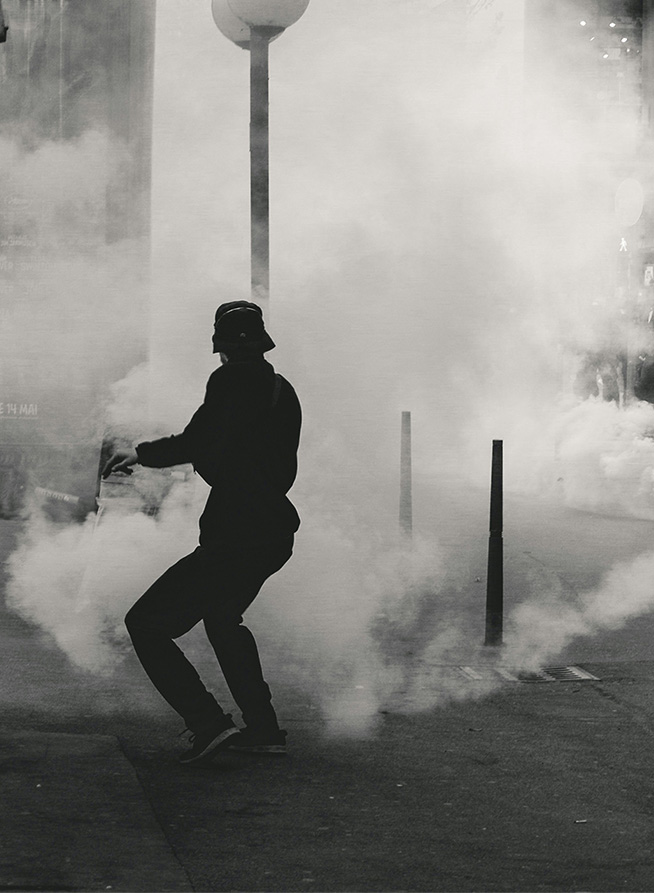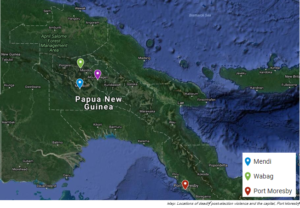Evacuations from Israel and High-Risk Locations Call +44 (0)1202 308810 or Contact Us →

Post-Election Violence in Papua New Guinea and Security Risks
8 Aug 2017
Voting for the 10th Papua New Guinea (PNG) National Parliament was held between 24 June and 08 July 2017. Despite this, not all the seats have yet been allocated. Peter O’Neill has been returned as Prime Minister and an interim cabinet has been formed. The opposition Alliance have made gains on O’Neill’s People’s National Congress (PNC), with the PNC required to form a coalition.
Key Points
- Peter O’Neill has been returned as Prime Minister in the 10th Papua New Guinea (PNG) Parliament.
- The vote has been marred by allegations of fraud and corruption.
- At least 11 people have been killed in post-election violence.
Situational Summary
Political: Voting for the 10th Papua New Guinea (PNG) National Parliament was held between 24 June and 08 July 2017. Despite this, not all the seats have yet been allocated. Peter O’Neill has been returned as Prime Minister and an interim cabinet has been formed. The opposition Alliance have made gains on O’Neill’s People’s National Congress (PNC), with the PNC required to form a coalition.
Solace Global Comment
Political Violence.
Violence and allegations of voter fraud and bribery beset the election campaign; violence has continued into the post-election period. 11 deaths have been reported at this point; six have been killed in Mendi and five in Wabag (both in the Highlands). Mendi remains on lockdown (which is proving difficult to police) as armed supporters of rival candidates clash in the area; dozens have also been injured. In Wabag, supporters of a losing MP went on a rampage, burning down houses in interethnic violence. A further 20 people have been injured and more than 500 security personnel were in the area to contain the fighting with curfews also in place in specific areas. In Mount Hagen, roads and the airport were shut as voting irregularities prompted violent unrest. Opposition and government MPs also clashed at the airport in Port Moresby. In the lead up to the vote, an opposition MP was also subjected to an attempted kidnapping. The would-be kidnappers were reportedly supporters of Prime Minister O’Neill’s PNC party.
Electoral Corruption
Official corruption is a serious and widespread issue in PNG, with Transparency International ranking the country 136/176 on its annual Corruption Perceptions Index. PNG shares this position with countries including Myanmar and Nigeria. Issues of political corruption came to the fore during this election. All three members of the country’s Electoral Advisory Committee resigned, citing that the electoral commission failed to provide the necessary information for them to do their jobs. Local media were stifled throughout the campaign and barred from counting rooms. Thousands of claims were made of people being removed from the electoral roll (and therefore unable to vote), widespread vote buying, the misuse of government funds, and the use of police for political purposes. To add to the confusion, two individuals attempted to take the seat of Gumine in Chimbu province and refused to leave the chamber.

For Papua New Guinea to stabilise and overcome its security issues, tackling corruption is vital. The country needs to institute good governance procedures to encourage growth and limit the issues over which the people regularly and violently protest. O’Neill has promised a full review of the electoral campaign – it is unclear if he will follow through with it or if it will be a transparent review.
SECURITY ADVICE
PoliticalModerateWhile this vote is considered to be one of the most peaceful in recent times, it does highlight a number of key issues hampering stability in PNG. Travel to the country can be challenging due to the threat of unrest from labour groups, students, political parties, and differing tribal interests while corruption hampers both travel and business activities in the country.
PNG may be entering into a period of intense political instability. The opposition Alliance, consisting of 46 MPs, is more than three times the size it was in the previous parliament. Prime Minister O’Neill, who saw several former cabinet members lose their seats, is reliant on a coalition to ensure his position. This election also saw no female MPs elected (down three from the previous parliament), despite a record number of women standing. This fact shows the inequality prevalent in the country.
Political instability and civil unrest are not the only security issues which are a challenge for travellers. Seriouscrime levels are high and the number and quality of police are low. Criminals often use machetes and firearms in assaults and theft attempts. Kidnap for ransom is a significant risk and criminals regularly construct roadblocks to ambush targets. Night travel, especially on foot, should be avoided due to an increase in crime duringdark hours. There is a substantial risk of carjacking, especially in Port Moresby and Lae. Travellers should maintain a low profile and avoid overt displays of wealth.
Solace Global would advise clients to employ enhanced security measures when visiting Papua New Guinea, this level differs depending on the area of travel. For all travel, it is important to use travel tracking technology alongside software supporting an intelligence feed. This will enable a traveller to be informed of security events and inform others should something happen to them in real time. For visits to most major urban areas, a security-trained driver is the suggested level of security provision. For more remote regions, travellers need to undertake careful and thorough journey management planning, preparing for the communication difficulties. In such locations, the use of GPS trackers and a satellite phone may be an advisable precaution.